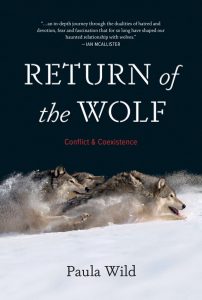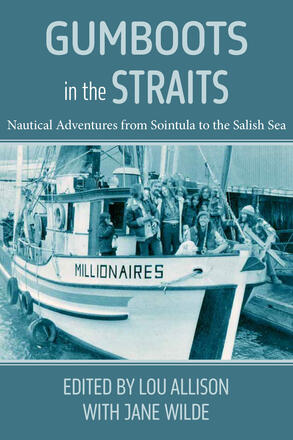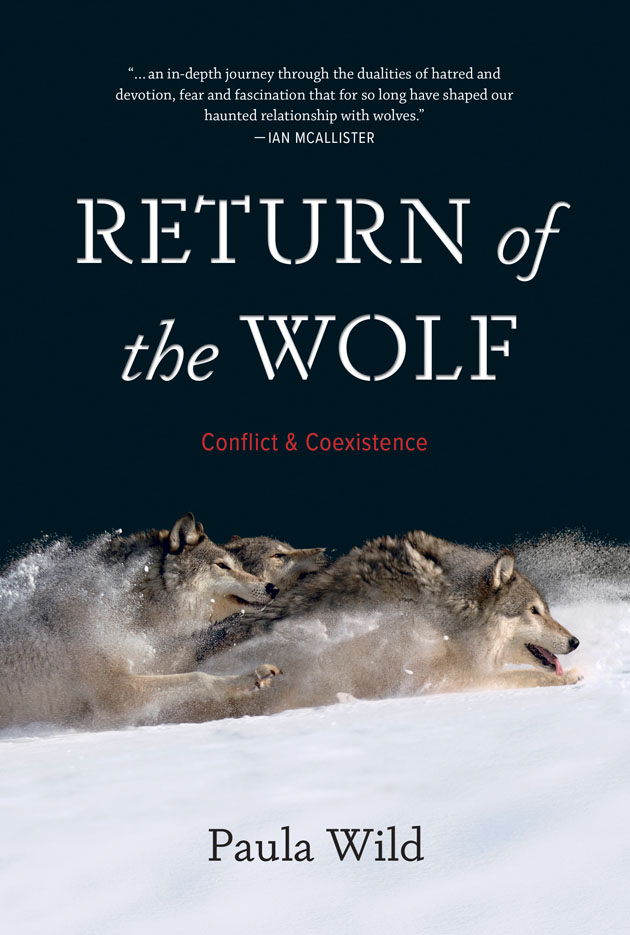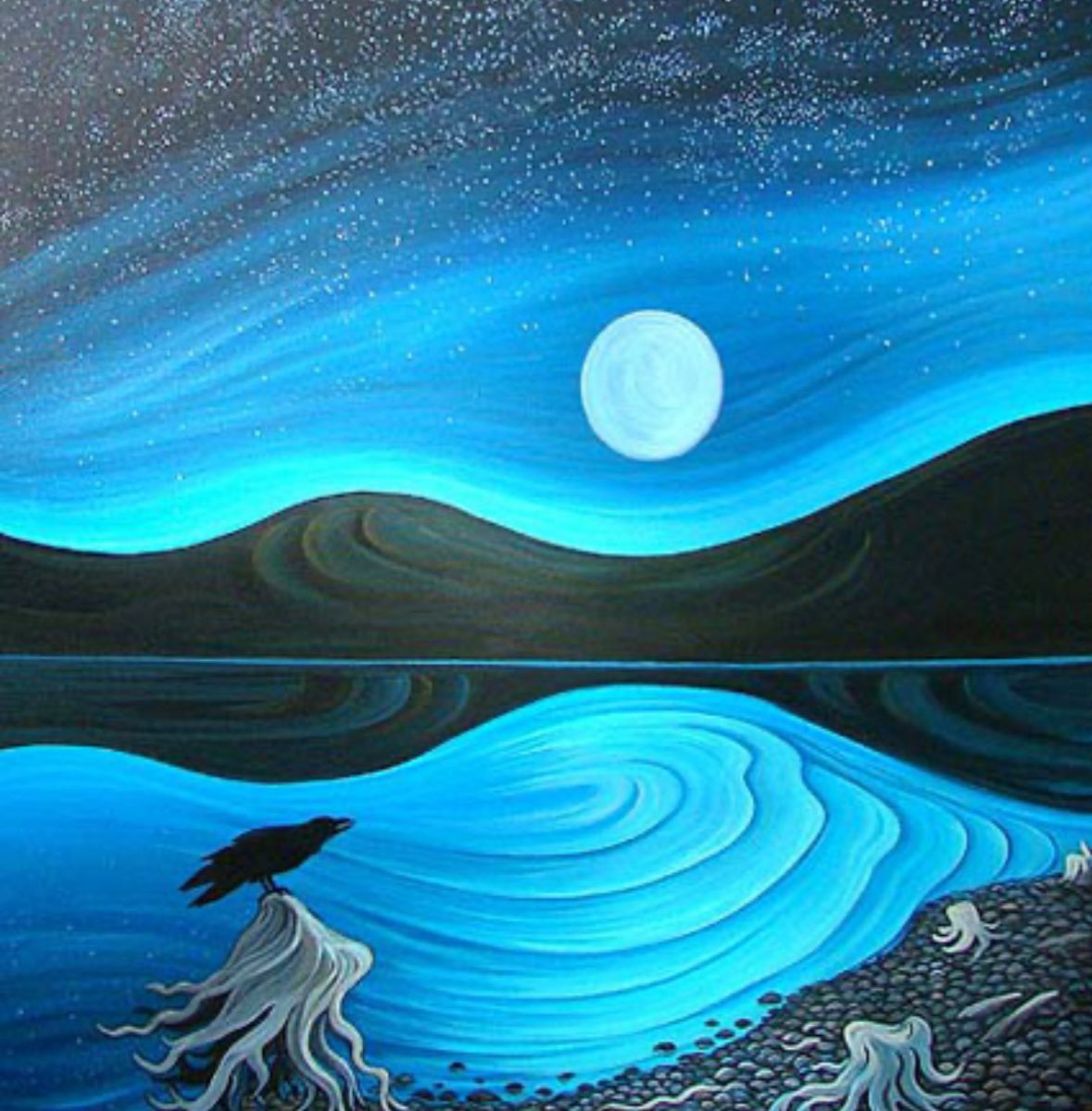I went on my first book tour in 1995. Even though my publicist did all the groundwork and prepped me like a pro, I had no idea what to expect. I still don’t.
The biggest unknown is the audience. There may be two or there may be 200 plus, and the size doesn’t necessarily reflect the quality of your book, your name recognition or all the work your publicist and the host have undertaken.
 What you can count on is that at some point, there will be a wildcard. My first was an elderly man, obviously in some stage of dementia, who kept asking why all the images in his book were different from everyone else’s. Then there was the homeless woman who attempted to dominate the Q & A session with incoherent stories.
What you can count on is that at some point, there will be a wildcard. My first was an elderly man, obviously in some stage of dementia, who kept asking why all the images in his book were different from everyone else’s. Then there was the homeless woman who attempted to dominate the Q & A session with incoherent stories.
But the most worrisome was the mentally disturbed man (eventually institutionalized) who got a hold of my phone number and called repeatedly to say he wanted to “get me alone somewhere” so he could tell me what obscene acts my friends were engaging in with children. In his first call, he said he’d been at my presentation the night before but there were too many people around for him to talk to me privately. The gig had ended late at night and vehicles left the isolated parking lot quickly. I was glad a friend had accompanied me.

’ll never forget the trip on a gravel road that was so full of potholes I kept looking in the rearview mirror to see what part of the car might be falling off. But at least I had control over the vehicle’s speed and was the only person reacting.
That wasn’t so while flying to eastern Canada for a presentation at a writer’s festival. The woman on my left had a panic attack when the plane experienced turbulence. Despite multiple flight attendants offering reassuring words, as well as coaching on deep breathing, the distraught woman shrieked at every jostle. I asked if she’d like me to hold her hand and she said yes. Lunch had just been served so I nibbled at my sandwich with my free hand. When the man on the other side of me began moaning and hyperventilating, I put my sandwich down and held his hand too.
My accommodation while on tour has ranged from mediocre to waterfront hotels. The iconic Sylvia Hotel in Vancouver’s west end is my fave. Quaint charm at its best. But that isn’t always the case. At one destination, I was escorted to an unoccupied but furnished house where I was to spend the night. As we entered the front door, the local organizer said, “Oh good, nothing’s in the traps. Yes, plural, as in five baited mouse traps.
Presentations involving PowerPoint can be tricky. I always request a tech person be present to assist with setup, but that isn’t always possible. Several times I’ve had to crawl along stage floors with the audience looking on while trying to connect compatible cables.
Once, after recruiting a teen from a nearby coffee shop to get things going, someone turned on the washroom light at the same moment someone else plugged in the kettle for tea after the event. The room was plunged into darkness and when power was restored the screen returned to “no input signal found.” Once again, I ran down the street to get the teen.
 A book tour often means attending as many gigs as possible in the shortest amount of time. On one Vancouver tour, I was interviewed by two radio stations, appeared on three television shows, gave a presentation at the downtown library and had a photo shoot for the Globe & Mail all within 24 hours.
A book tour often means attending as many gigs as possible in the shortest amount of time. On one Vancouver tour, I was interviewed by two radio stations, appeared on three television shows, gave a presentation at the downtown library and had a photo shoot for the Globe & Mail all within 24 hours.
To say I was exhausted is an understatement. That’s why having a good roadie is a godsend. They can drive, carry boxes of books and sell them if necessary.
Yes, taking extra books is important. Buyers may exceed the host’s expectations, or the shipment may be waylaid.
A roadie can also be deterrent to potentially dangerous strangers.
Going on book tour is the counterpoint to being a writer. You are no longer sequestered in a room by yourself; you are at the head of a room in front of a lot of people, in many cases, most of them unknown.
It is exciting and daunting. Will they like your book? Will they buy your book? Will they stare at you in rapt awe or will they bombard you with awkward questions? All are possible.
The important thing is to remember that you are an author on book tour, which is something to be proud of no matter what happens.
Photo credits:
Woman with books Mykta Dolmatov/Dreamstime.com
Red car Irina Miroshnichenko/Dreamstime.com






 Goals I know will be on my
Goals I know will be on my 